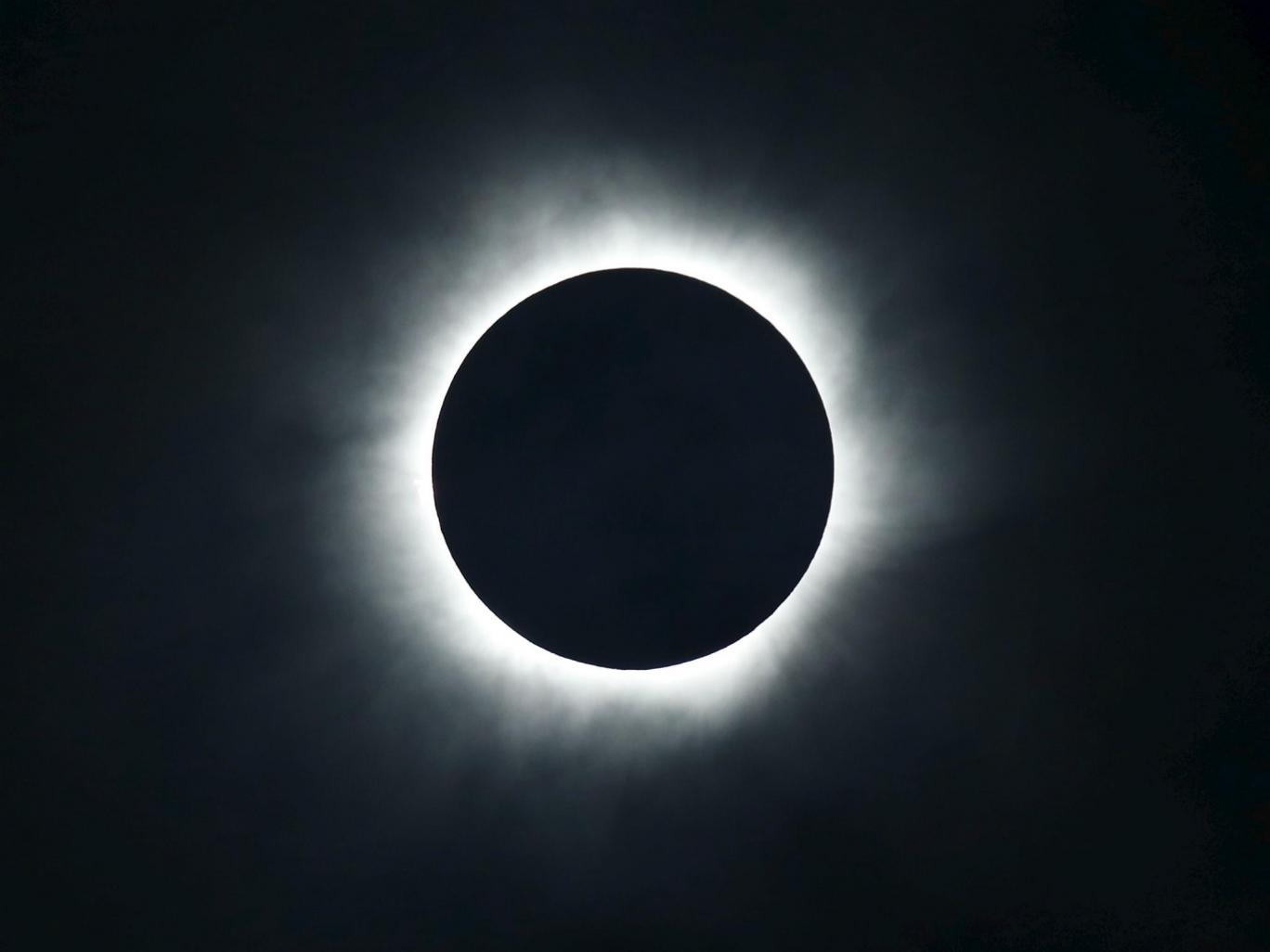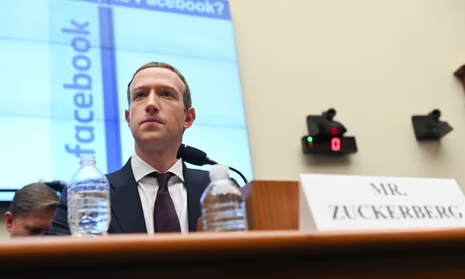
In light of the approaching total solar eclipse on April 8, scientists are investigating the potential psychological impacts of this celestial event.

Scientists are researching the psychological consequences, such wonder, that cosmic phenomena can generate in advance of the complete solar eclipse on April 8, 2024.
Awe is defined as a feeling of wonder and amazement brought on by the awareness of vastness. It is becoming more widely acknowledged that awe has the power to influence how people perceive and behave.
Psychotherapist Jennifer Stellar of the University of Toronto says, “It’s an emotion you feel when you perceive something that is vast and which challenges your view of the world,” as reported by the BBC. “It is the emotion you have for something or someone that is so extraordinary it defies explanation.”
According to Dacher Keltner of the University of California, Berkeley, awe can silence the ego’s critical voice, enabling people to work together and recognize life’s deeper patterns. “Our ego directs our perceptions and decision-making, but when you experience a self-transcendent emotion like awe, it loses its power over you,” Stellar continues.

(Image source: ClemsonUniv/Twitter)
Awe may strengthen social bonds in addition to encouraging humility. “The distinction between you and myself may get hazy when I’m not as focused on myself. Stellar says, “I might consider all of us to be a member of the human web.
https://x.com/MikeSonko/status/1775727378385264758?s=20
What insights into human psychology does the 2017 total solar eclipse provide?

For researchers like Sean Goldy, who aimed to examine people’s impromptu responses to such significant natural events, the 2017 complete solar eclipse offered a rare chance. Because of the Moon and Sun’s unique alignment, which created a spectacular corona, awe was predicted to be aroused throughout the eclipse.
Goldy found some interesting conclusions from her examination of social media posts related to the eclipse. Those who saw the occurrence were more inclined to act in a pro-social manner and show amazement and humility. Their language also expressed a sense of shared experience, as seen by the growing usage of pronouns such as “we” or “us.”
https://x.com/museumofscience/status/1775921853099299013?s=20
But the benefits of the solar eclipse only lasted for a day or so, so they weren’t really long-lasting.
https://x.com/nycgov/status/1775911202704474274?s=20



















